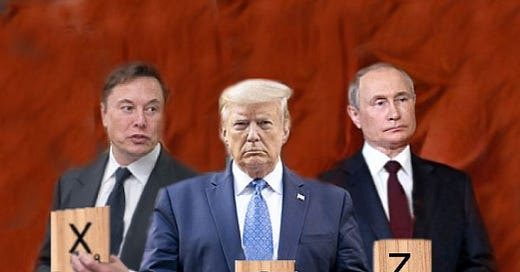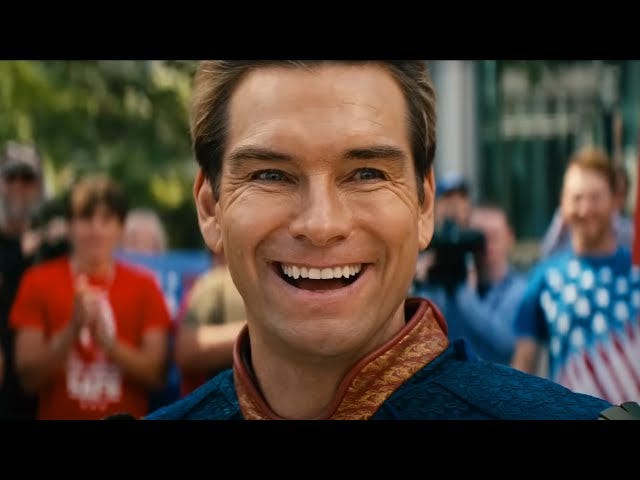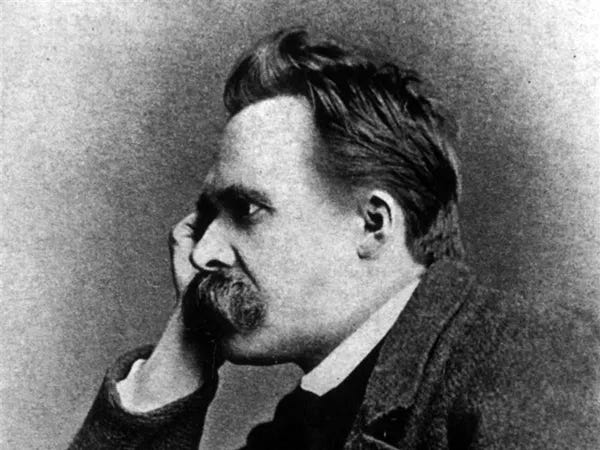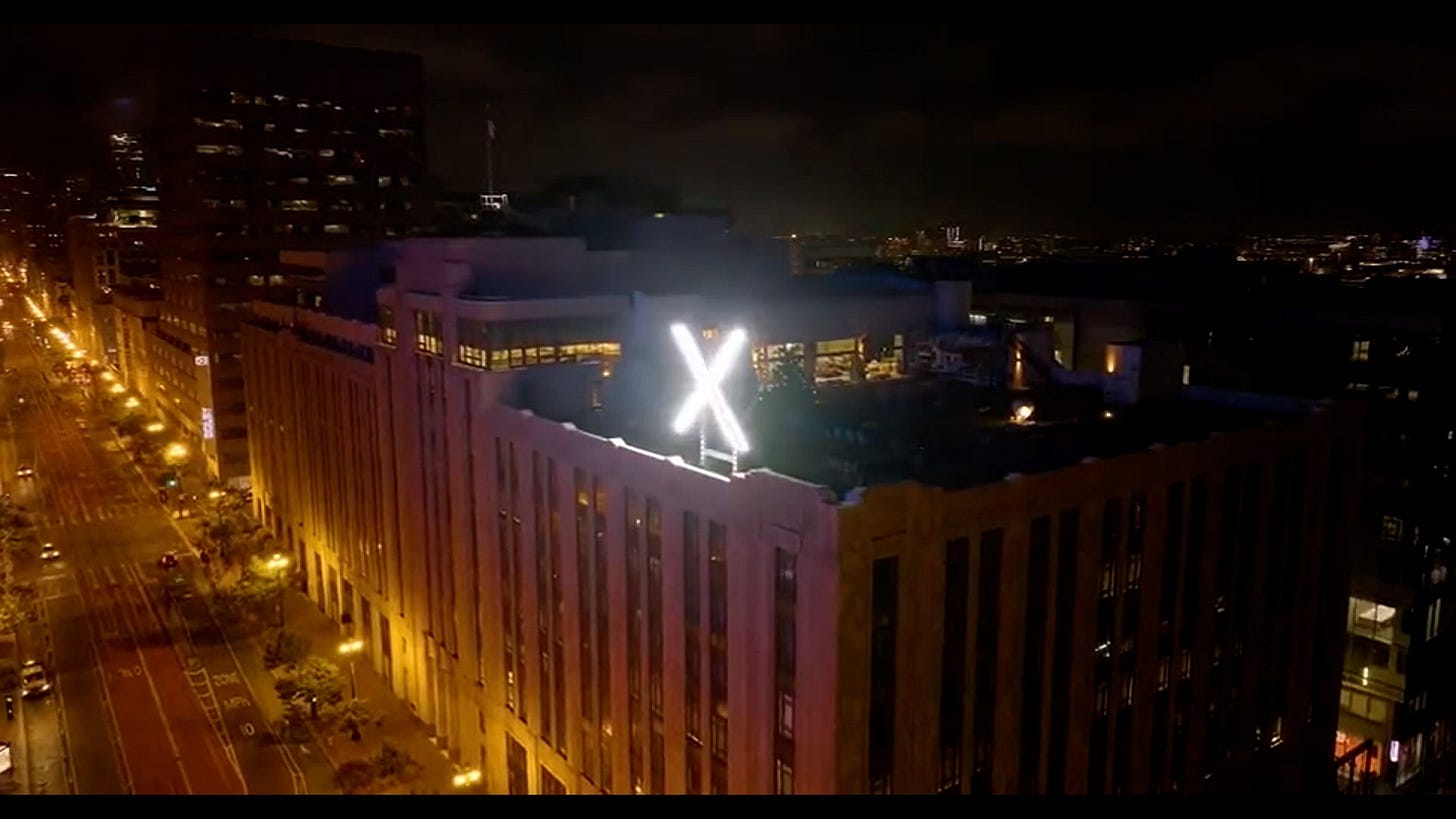Master Morality of the Scrabble Mafia
Concentrating this much power in so few individuals is a dangerous game
Can it be a coincidence that the three men currently vying for joint custody of the entire world each brand themselves with a single letter, and they happen to be the three worst letters on the Scrabble board?
The answer is of course yes, it is a coincidence. But one of the dumbest things that we’ve done as ostensibly democratic western societies is concentrate an absurd and frankly terrifying amount of power in a small number of individuals.
Of course that’s been the case for a long time—there have always been oligarchs. Western democracy didn’t change the fact that capitalism tends to compel money and power to flow upward, and stay there. While the standard of living does improve and the scraps get more appetizing, the wealth that trickles down is more the result of inefficiencies and rounding errors than a feature.
What seems to distinguish these men—who I have dubbed the Scrabble Mafia because I can—and a growing number of their ilk in turn is the brazenness with which they are coming to understand and act upon the true extent of their power.
Probably the most blunt satire of the current political climate in the United States is the Amazon series The Boys, which takes DC and Marvel superheroes and turns them MAGA. Its most recent cliffhanger (which we’ll be dangling from until no sooner time than the studios get their shit together and pay their writers enough to end this strike) sees the Trump/Superman analogue Homelander publicly murder a man in cold blood. The crowd cheers. He looks around, first in confusion, and then with growing delight as it truly dawns on him that he can do anything he wants.
This mirrors Donald Trump’s claim that he could shoot a man on Fifth Avenue and not lose any support. The frightening thing is that he’s probably entirely correct. The idea that a presidential candidate might commit a serious crime while running for the office wasn’t really considered when the rules were being laid down, or if they did, then they certainly didn’t think that person would be the frontrunner to win the election, let alone that he would be more popular because of his crimes, let alone that the crimes would be against the state and electoral process itself.
These are unprecedented questions. Can a president be elected when he’s on trial charged with nearly a hundred crimes? He’s considered innocent until proven guilty, so that much seems given. Can the trials continue after election or must they be dropped? Can he be impeached and would that stand? Can he pardon himself? If he’s convicted on state charges can he rule the country from prison like Al Capone?
A lot of these options are so absurd that it feels—and I know this is pessimistic—that there’s no legitimate choice but to let him get away with it. If enough people want him to get away with it, and a hell of a lot of people do, then the integrity and dignity of the system isn’t going to stand in the way of that.
Because the integrity and dignity of the system ain’t shit. It’s imaginary. Stardust. To explore that, we’re gonna look at some 19th Century philosophy.
The German philosopher Friedrich Nietzsche, one of the few philosophers most people can name who didn’t wear a toga, is popular among two (ideally, mutually exclusive) groups of people – Nazis and college undergraduates in the humanities. The Nazi reputation is an undeserved smear as Nietzsche’s work was deliberately and maliciously misinterpreted by Nazis much the same as they do with a lot of the things you like today.
But the college thing is understandable. Nietzsche is bleak, dark, and mysterious like the bass player in that band you like. He’s usually associated with nihilism, which is more complicated than what it’s commonly reduced to (something like “belief in nothing”), but that’s close enough for our purposes. He was an atheist at a time when that was still legitimately edgy, and his project was investigating how we understand the world in that context.
One of his most important contributions to philosophy was his theories on the genealogy of morality—that is to say, where our concept of moral values came from originally if in fact no god ever existed to decree them. He theorized that concepts of right and wrong evolved (in a way that’s tempting to think of as almost Darwinian) from primordial concepts of good and bad. In this context good refers to pretty much whatever makes you feel good and bad is whatever makes you feel bad.

This is essentially what you think of as law of the jungle. Or as Nietzsche called it, master morality. As distinguished from slave morality which is your right/wrong style. He called it that because, the theory goes, slave morality was developed by the powerless as the only way they could assert their will over the powerful in the absence of actual physical power.
In short, the master attacks you and steals from you because he thinks that’s good, because it feels good to him and he benefits from it. You, the slave, haven’t the power to stop him doing that so you brandish a different type of power—the moral high ground.
Now, I’m not Nietzsche. Even though I’m not religious I believe in right and wrong being something more complex and true than a type of societal coping mechanism. But where I do agree with Nietzsche is that history and civilization in the past and present still are embroiled in a struggle between these two styles of value system.
And right now, our slave morality ain’t doing so well, guys. These men to whom we’ve granted so much real tangible power are beginning to get pretty comfortable with the idea that they are not actually bound in any realistic way to the rules and laws that we’ve established to keep powerful people in check.
In a major article for The New Yorker, award winning journalist Roman Farrow went into deep detail about just how much real power Elon Musk has and the increasingly brazen ways he’s choosing to express it. Mr X owns outright the majority of satellites that exist in orbit. He has absorbed the space industry in its entirety. On Earth, he owns outright most of the electric vehicle charging stations. He owns Twitter—again, outright, having purchased it from the public market and taken it private as his personal property—and is setting his sights on other social media networks.
The more wealth, power, and celebrity he accumulates, the less patience he has for pretending he needs to do what anyone else says. When he decided nobody had the physical power to make him pay the rent for the buildings he runs his businesses from, he stopped doing it. Not only that, but he violated city ordinances and building codes by installing a flashing sign on the building, for which the landlord was fined and had to pay for out of pocket.
Musk knows he’s too powerful to be arrested or in any other way held to account by the slave moralists for such small person concerns as civil regulations. He sees himself—literally—as the captain at the helm of humanity’s destiny, and through our inaction, driven in part by our admiration for him as the Randian Great Western Industrialist, he’s come to eagerly interpret this as our permission.
He has, too, started using his power to take direct action in politics. Through his total satellite monopoly over the internet in warzones, he can and does act as a General in the Russia-Ukraine war, cutting off and restoring networks to parts of the battlefield based on his own decisions on how that war should be fought. And, we must presume, based on his personally preferred outcomes to that conflict.
He controls the political atmosphere on Twitter, and politicians’ degree of access to it, and has indicated a strong personal preference toward Republicans winning American elections. In the lead up to 2024 he has begun injecting considerable energy into the campaigns of Ron DeSantis and (now that DeSantis has completely tripped over his own dick) Vivek Ramaswarmy.
The elephant in the room there, of course, is Mr Q.
Donald Trump, unlike the ideologue Musk, is a beast of pure id. He is no less an embracer of the master morality, but it has taken him longer to discover it and give himself completely to it. Back in his 2016 campaign he actually followed most of the rules in the way that common protocol seemed to demand. He participated in the debates, the primary processes, the ballot processes, and most of the customary stuff. He even listened to his advisors. I maintain that the apology he issued—the only apology he has ever issued for any reason—for the “grab her by the pussy” remarks must have been extracted under protest through advice from his campaign.
He has never done anything like that again. In 2023, he’s done with participation. He knows now that participation is capitulation to the slave morality that his power has surpassed. His decision is that he is president in 2024 and that will be the case either through peaceful transition or through force. No more debates or traditional campaigning. Even the manner by which he responded to his indictments was calculated—if he thought he’d poll better if he made armed police kick his door down and haul his arse butt naked out of Trump Tower he would have done that instead.
Q and X don’t get along very well because their egos directly clash. Both Musk and Trump left in a room together would demand the other take a knee. But there is danger in their combined disdain for protocol and balances. The precedent for a first world superpower falling entirely under the thumb of someone who sees the slave morality completely beneath him is Mr Z.
Vladimir Putin does what Vladimir Putin wants. If anyone opposes him politically or just annoys him too much in general then he just kills that person. The rest of the world has long accepted this and moved beyond any bother for criticism or reprimand. It’s turned into just kind of a quirk of Putin’s personality. It can’t help feeling like the way we have treated Putin right up to his invasion of Ukraine—as kind of just a cranky, quirky, murdery guy who will stand next to other more normal world leaders for a koala-cuddling photoshoot—might have helped embolden him to do that invasion.
I need to stress that I am absolutely not doing a call to arms here. I don’t think that the damage we’re doing to ourselves is easily reversible and certainly not through force—in fact if anything I’m saying should hit home it’s that doing things by force is their thing. But there’s some re-evaluation needed about how we as a society want to distribute power in the first place, because this is spreading like cancer now. Other political leaders are openly floating the idea of rejecting election results that they don’t like.
I don’t want to live in a game that’s rigged for everyone to lose.














